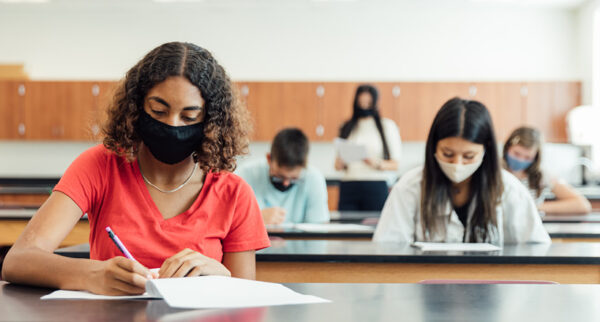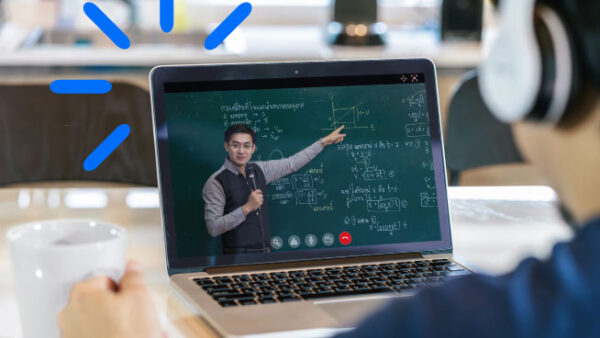The last few months have been a whirlwind of stress, uncertainty and heartbreak. We’ve seen our friends go home and families torn apart by this virus, but we also know that each day is an opportunity to be thankful for what we have and learn from our experience.
As teachers, we can do our part by providing students with tools that will help them cope with this stressful time in their lives. Here are 5 ways teachers can help students cope:
Create a safe space (physically or virtually)
Create a safe space for students to talk about the news. Give students the tools they need to manage their own emotions, such as breathing exercises and meditation techniques. Encourage them to use social media responsibly, so that they don’t end up spreading misinformation or propaganda on sites like Facebook, Instagram or Twitter.
As teachers, you can take help from the latest online teacher training courses that train teachers to use the internet and other online tools and apps that can help students enjoy an uninterrupted learning experience.
Establish Routines and Structure
The second way to help students cope with Covid 19 is by establishing routines and structure. Routines and structure can help students feel safe, confident, and in control of their day-to-day lives.
Students who have established routines know what to expect from school, so they don’t feel anxious about going there every day or leaving it after the bell rings for the day. If a teacher does not establish a routine, then students will have no idea what is going on at school each day—which could lead them to feel anxious about whether or not they will be able to get home safely from class at all times during the week!
Leave Time for Fun and Personalization
Students need to be able to have some fun during the day, especially when they’re feeling overwhelmed or upset. Make sure that you allow them some time for personal care and relaxation throughout the week so they can recharge their batteries before starting over again on Monday morning—and maybe even get a little entertainment at night!
Here is an idea:
Make your classroom a warm place where kids can relax by doing nothing (or something relaxing) together like colouring or making music together. You could even set up an area with games like Jenga or Connect Four (both games that require only two players!) in case there’s not enough space in any room but still want everyone involved!
Be Patient and Consistent
It’s important to be patient with the students. Don’t jump to conclusions about their behaviour and don’t react negatively, no matter how much it may seem like you need to do so. The students may be under a lot of stress, and they might not know exactly what they’re feeling or why they are acting out in such a way.
It’s also important not to allow yourself (or anyone else) around them) become overwhelmed by their reactions because this can lead to more problems down the road as well as being emotionally draining for everyone involved!
Listen to Students’ Feelings
Listening to students’ feelings is one of the best things you can do as a teacher. It’s important that you don’t dismiss or judge their feelings, but rather listen to them and try to understand where they’re coming from. This can be difficult because sometimes we want our children to feel better, but we also want them to be able to cope with their emotions in a healthy way.
The best way for teachers and parents alike is not telling students how they should react when experiencing Covid 19 symptoms–it’s about being patient with each other as we figure out together what works best for each person involved (and especially those who are younger).
Wrapping Up
Although school is different now, there are still things we can do as teachers to help our students learn better even during this pandemic. We can still have school. We can still teach our students. And we can make sure that they are safe and prepared for whatever may come next.
Online courses like PgCTL can help you a great deal in such scenarios. It can help you prepare yourself well to face the changing dynamics of the classroom in the pandemic and even prepare you for the post-pandemic school environment.
We hope this list has been helpful to you, and we hope that your students will be able to cope with the change in their lives as well. It may seem like a lot of information, but we promise it will all come together in the end.





